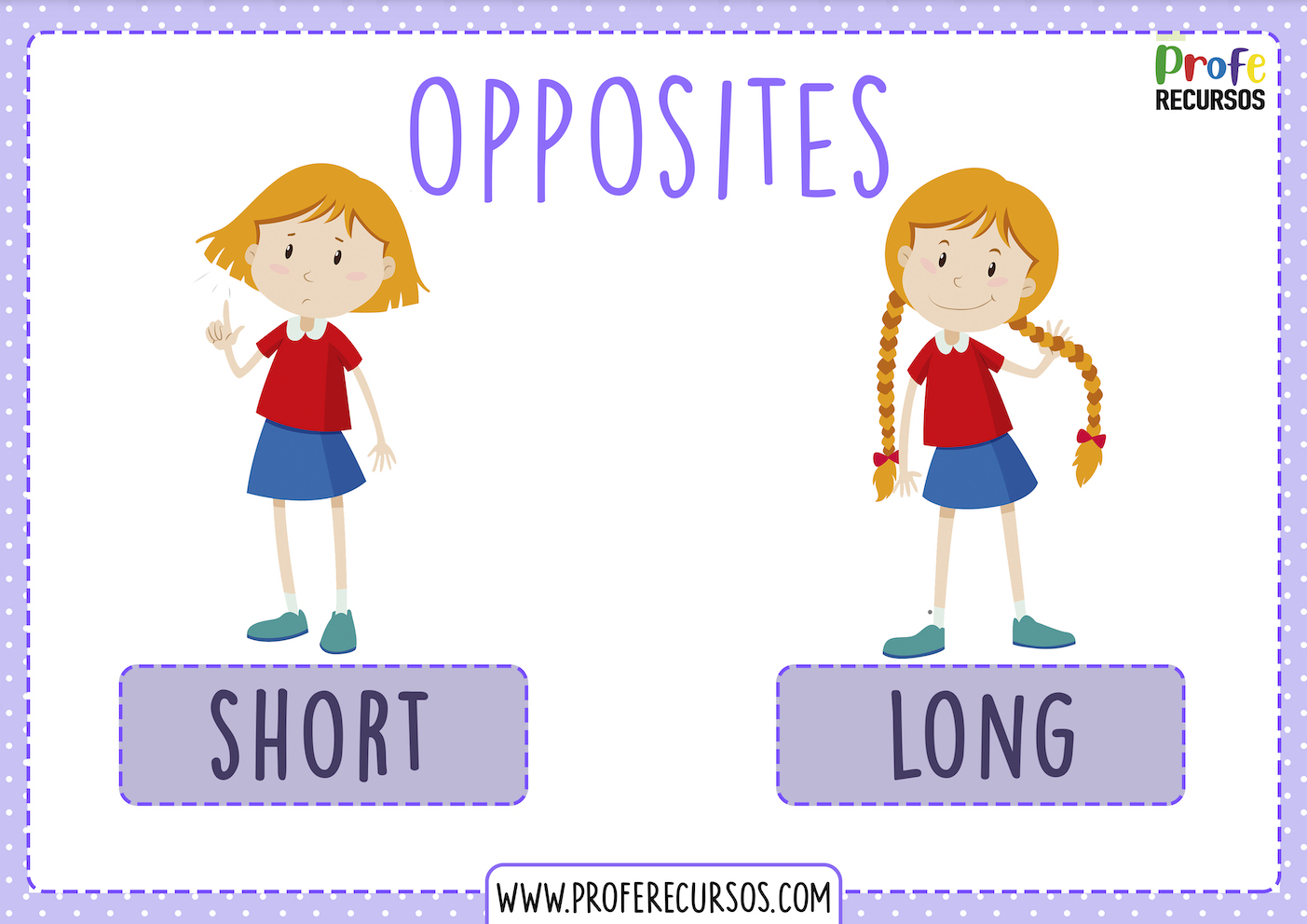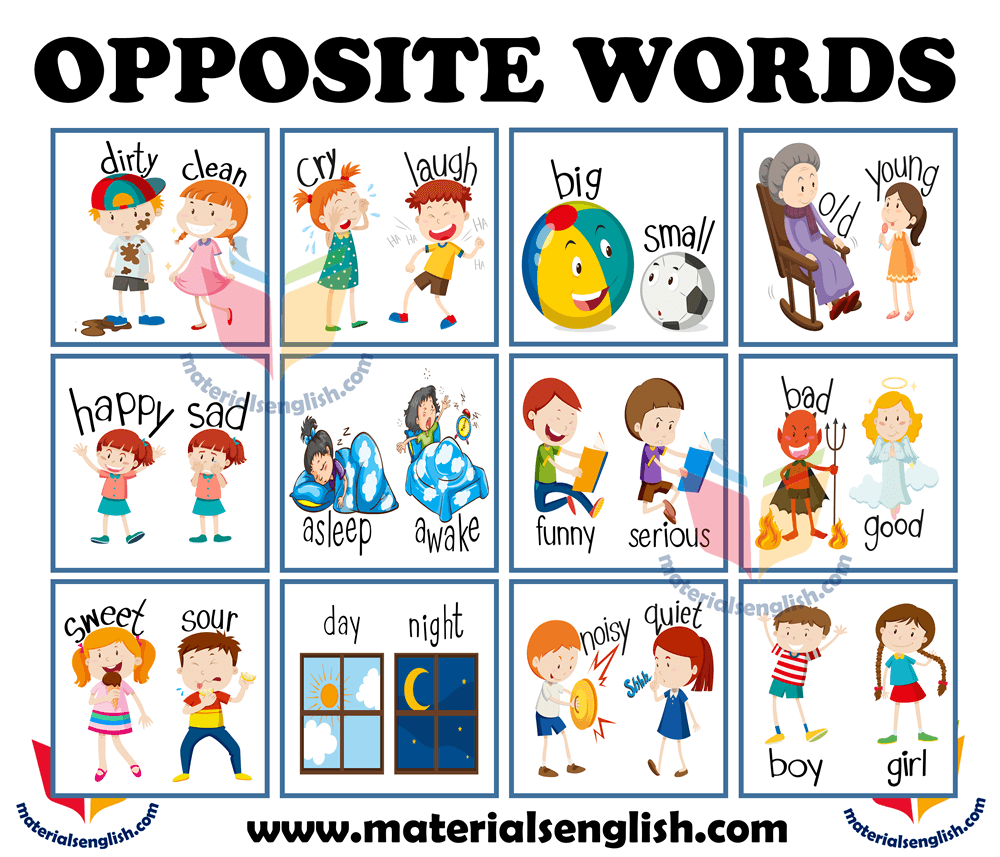Have you ever stopped to think about what stands on the other side of something familiar, something you understand well? It’s a curious thought, isn’t it, to consider what might be the complete reverse of a concept we hold dear. For anyone who enjoys putting words together, who finds joy in crafting stories or sharing thoughts, the idea of an "opposite of writer" can be quite a puzzle. What does that truly look like, or rather, what does it feel like to encounter something that runs entirely counter to the act of creation through words? This exploration takes us on a path where we consider not just simple antonyms, but also the very nature of opposition itself, much like wondering if a building could be entirely different in its very structure and appearance from what you'd expect, causing a bit of confusion when you first see it.
When we talk about something being "opposite," it’s more than just a simple "not." It often means being set over against something else, perhaps at the other end of a line or space, or even being of the same general type but completely different in a key way. Think about directions, like north and south; they are both directions, yet they point in entirely different ways. Or consider winning and losing, both outcomes of a competition, but with vastly different feelings attached. So, when we ponder the opposite of someone who writes, we're looking for qualities or actions that move in a completely different direction from what a wordsmith does, or perhaps even work to undo the very essence of what writing aims to achieve.
This journey into what it means to be the "opposite of writer" asks us to look at various facets of opposition. We'll consider how ideas can be challenged, how focus can shift, and how the very flow of information can take a different course. It's about exploring the flip side of creation, communication, and clarity, seeing how the act of writing might find its counterpoint in various forms of expression, or even a lack of it. So, just a little, let's explore these different angles and see what we discover about the other side of the page.
- Aphasia Apps
- Photo Dwayne Johnson
- Penelope Wilton And Maggie Smith
- New Season Of Alaskan Bush People
- Offensive Couples Costumes
Table of Contents
- What Does "Opposite" Really Mean?
- Considering Different Kinds of Opposition for the Opposite of Writer
- How Does a Writer's Work Get Undone?
- The Counter-Actions of the Opposite of Writer
- Are There Other Sides to a Storyteller's Role?
- When Focus Goes the Other Way for the Opposite of Writer
- What About the Direction Words Take?
- Understanding Different Points for the Opposite of Writer
What Does "Opposite" Really Mean?
The idea of "opposite" is pretty interesting, isn't it? It's not always as simple as black and white. Sometimes, you're looking at something that is just positioned across from another thing, like a shop that sits across the street from a big police station. Other times, it describes things that are of the same general type but are completely different in a specific way. For instance, think about how north and south are opposite directions, even though both are about moving somewhere. Similarly, winning and losing are both outcomes of a competition, yet they are as different as can be. This broad meaning of being "set over against something that is at the other end or side of an intervening line or space" means we have a lot to think about when we consider the "opposite of writer." In some respects, it's about looking for what stands in a completely different spot, either physically or conceptually, from the act of writing.
Considering Different Kinds of Opposition for the Opposite of Writer
When we try to pin down the opposite of someone who writes, we might think about various kinds of opposition. Could it be someone who builds things that are the complete reverse of what a writer constructs with words? For example, a writer creates a clear, flowing narrative, much like an architect designs a building with a specific style. The opposite might be someone who creates something that is confusingly different in its very make-up, or whose purpose is to dismantle structures rather than build them. This could be a person who, you know, takes apart stories or ideas, rather than putting them together. Or, perhaps, it's someone who aims for total silence where a writer seeks to speak. The concept of "opposite" can apply to so many different situations, from things being physically across from each other to ideas that are just completely different in their core. So, we're not just looking for a single word, but a whole set of characteristics that are in contrast to the work of a writer.
How Does a Writer's Work Get Undone?
A writer's work often involves building a case, presenting an idea, or supporting a particular point of view. They gather thoughts, arrange them, and aim to make a strong argument or tell a compelling story. So, what would be the opposite of that? Well, in a way, it could be someone who works to undo or challenge those very things. When you try to confirm an idea, the opposite is to show it's not true, perhaps by providing a counter-example or by actively disproving it. This means the "opposite of writer" might be someone who dedicates their efforts to taking apart arguments, to showing the flaws in a narrative, or to presenting information that goes directly against what someone else has put forth. It's about dismantling rather than assembling, about questioning rather than asserting. This isn't necessarily a bad thing, of course, but it is certainly a different direction for words to take, is that not so?
- Textured Wool Rug
- Brandi Carlile Joni Mitchell Jam Session
- New Sandwich Dunkin Donuts
- Dr Janie Bruce
- Jake Paul Kissing
The Counter-Actions of the Opposite of Writer
Think about the actions a writer performs: they lift ideas up, they give them prominence, they make them visible for others to consider. They might "lift up" a concept, giving it new meaning or helping people see it clearly. What then, would the "opposite of writer" do? Perhaps they would "lift down" ideas, moving them out of the spotlight, making them less important, or even trying to bury them. It's like the difference between moving something up versus moving it down. This kind of opposite might aim to diminish the importance of certain facts or perspectives, or to make them less accessible to others. They might take a carefully presented argument and, in some respects, just pull it apart, showing why it doesn't stand up. It's a very different kind of action with words, one that seeks to deconstruct rather than construct, to lower rather than raise.
Are There Other Sides to a Storyteller's Role?
A good storyteller, or any writer really, often needs to see both the big picture and the tiny details that make a story real and believable. They need to understand the broad strokes of a narrative while also paying attention to the small, specific things that give it life. But what happens if someone is so focused on one part that they miss the other? You know, like when you're so caught up in the overall plan that you completely miss what's right in front of you. The "opposite of writer" might be someone who struggles with this balance. They might only see the grand scheme, missing the individual moments or precise facts that make a story resonate. Or, on the other hand, they might get so lost in the tiny, tiny specifics that they never quite grasp the larger meaning or purpose. It's a question of perspective, really, and how that perspective shapes what gets communicated, or what doesn't.
When Focus Goes the Other Way for the Opposite of Writer
When a writer crafts a piece, they are usually trying to provide a clear, coherent view, perhaps even a "conservative estimate" of a situation, meaning a careful and well-thought-out assessment. They aim for precision and a balanced outlook. The "opposite of writer" might approach things from a completely different angle. Instead of a careful assessment, they might offer something wildly speculative, or even an overly optimistic view when the facts suggest something quite different, like an estimate for a business that ignores potential downsides. Or, they might be someone who just doesn't focus on the details at all, preferring to speak in very broad, undefined terms. This kind of approach creates a very different experience for the audience, one that might lack the grounded reality or careful consideration that a writer tries to provide. It's about how one chooses to present information, whether with a steady hand or with a kind of disregard for precision, you know, just letting words fly.
What About the Direction Words Take?
Words, like people, can move in different directions. A writer carefully chooses words to lead a reader down a certain path, to build an argument that rises steadily, or to create a story that has a clear flow. Think about a steep slope or a mountain; a writer might create a narrative with dramatic peaks and valleys, a really strong emotional climb. The opposite of that might be something gentle, something very gradual, or even something quite flat. The "opposite of writer" might produce content that lacks any real dramatic rise or fall, where the ideas don't build on each other in a noticeable way. It could be a message that just meanders without a clear destination, or one that actively flattens out any sense of urgency or importance. This is about the shape and movement of the message itself, how it progresses, or how it fails to progress, in a way.
Understanding Different Points for the Opposite of Writer
The very meaning of "opposite" often means being in a position facing something or someone else, but on the other side. Like sitting across from someone, you are both there, but in different spots. A writer occupies a certain position, offering a particular perspective. The "opposite of writer" might be someone who occupies the completely other side of an argument, someone whose entire purpose is to present the counter-point. They might be the person who says "yes" when you say "no," or vice versa. This isn't about being wrong, but about being on the other side of the line, so to speak. This could mean a person who actively seeks to confuse where a writer seeks to clarify, or someone who creates distance where a writer tries to build connection. It’s about being in a contrasting position, offering a view that stands in direct contrast to what a writer might put forward. It's a really interesting thought, how different viewpoints can be so completely different, yet still part of the same discussion.
- Jlo In Puerto Rico
- Taylor Swift Guitarists
- Purple Shampoo On Grey Hair Before And After
- Landfall Shopping Center
- New Season Of Alaskan Bush People


